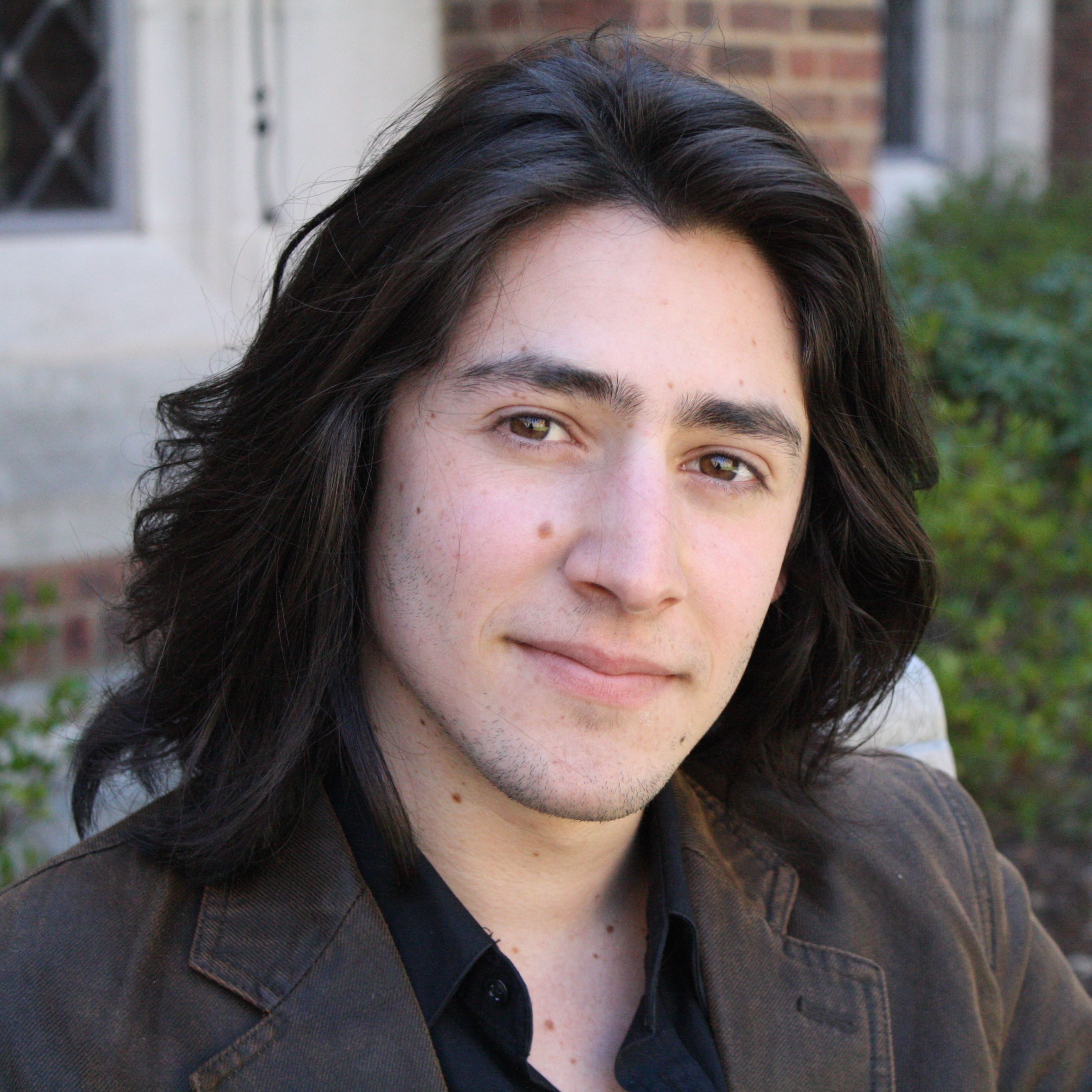Friday, February 20th, 2015

Written by Tim Hansen
“A designer knows he has achieved perfection not when there is nothing left to add, but when there is nothing left to take away.” So observed Antoine de Saint-Exupery, author of The Little Prince, who may well have been describing the central aesthetic tenet of JFund awardee Gabriel Zucker. Zucker, whose work straddles the fertile field between classical music, jazz composition, and songwriting, composes his music in such a way that he “only writes the notes that need to be written.” The rest of the music is improvised but done so in such a way that such improvisatory gestures define the composed components structure of the piece all the more definitively. It’s not for nothing that Zucker describes these gestures as “negative space.”
“What I write down is everything that is integral to the piece, that is truly a part of its structure, part of its meaning,” Zucker explains. “Everything else exists in the negative space outside that structure, and that is left to improvisation.”
Zucker further illustrates the importance of improvisation in his work by outlining the differences between his attitude to indeterminacy in music and that of, say, aleatoric wizard John Cage (“to take the archetypal example”). Zucker suggests that, although there’s no hard and fast rule as to why a classical composer might use indeterminate elements in their work, someone like Cage was primarily interested in the idea of chance during a period when composers were expected to be overly prescriptive in their music. On the other hand, jazz improvisation also counters the notion of thorough control of compositional minutiae with indeterminate elements but does so from a very different aesthetic position and with vastly different results.
“Quite simply, these are not the same things; leaving elements open to chance is not the same as leaving elements open to improvisation by the highly skilled and individually beautiful artists in my band,” enthuses Zucker. “I leave the things that I can in their hands because I know they will do a better job than I could do by writing it down and legislating in advance what they play – and I see it all the time when they play things I never could have or would have written, and which would not have sounded nearly that exquisite had they been written.”
The band he is referring to is The Delegation, an ensemble of like-minded artists brought together by Zucker. The group was formed by Zucker after he attended the Banff Jazz Workshop in 2013. Previously he had worked primarily with classically trained musicians, who, although highly skilled, lacked the improvisatory chops Zucker unknowingly craved. Upon working with a couple of guys at Banff however, “it really kind of clicked: this was the right way to do it, this was the right set of musicians.”
Zucker was awarded a JFund grant in 2013 to compose a large-scale work for The Delegation. He worked for almost a year on the piece, sketching out an idea here, some lyrics there, until he had a mixed bag of thirty or so musical bits and pieces. Then, says Zucker, “you lay everything out and try to see how it fits together, find the themes that tie together different snippets you’ve written. I did this over the course of a week at an artist colony of sorts upstate last Christmas. When I finished, I had a drawing of the shape of the piece, with the principal musical material in each of the twelve movements.”
The result is Evergreen (Canceled World), a grand, sprawling work that draws from all of Zucker’s creative facets and featuring everything from jazz vocals to electronics. And it¹s grand in scope, clocking in at a little over an hour and a half long. Zucker revels in being able to move against the trend of short, bite-sized pieces and “audience-friendly programs for people with short attention spans,² describing his position on this issue as being a “maximalist.” Although this seems to contradict his dogma of only writing the utmost essentials of what needs to be written, he beautifully explains how the two tenets can co-exist.
“Maximalism isn’t necessarily the strict opposite of Minimalism, as defined by the work of Philip Glass, Terry Riley and so on,” he explains. “In that context, minimalism refers to using a minimum of compositional materials, not the scope or ambition of the work.
“When I use the term maximalism though, I¹m largely referring to that, to scope/ambition maximalism. I think I first saw the term in a text describing the work of composers like Ives or Mahler or Stravinsky, who attempted to achieve everything in their music, incorporate every influence, leave no emotional or intellectual stone unturned. I think of Scriabin trying to end the universe with his magnum opus. That¹s the kind of maximalism I’m after.”